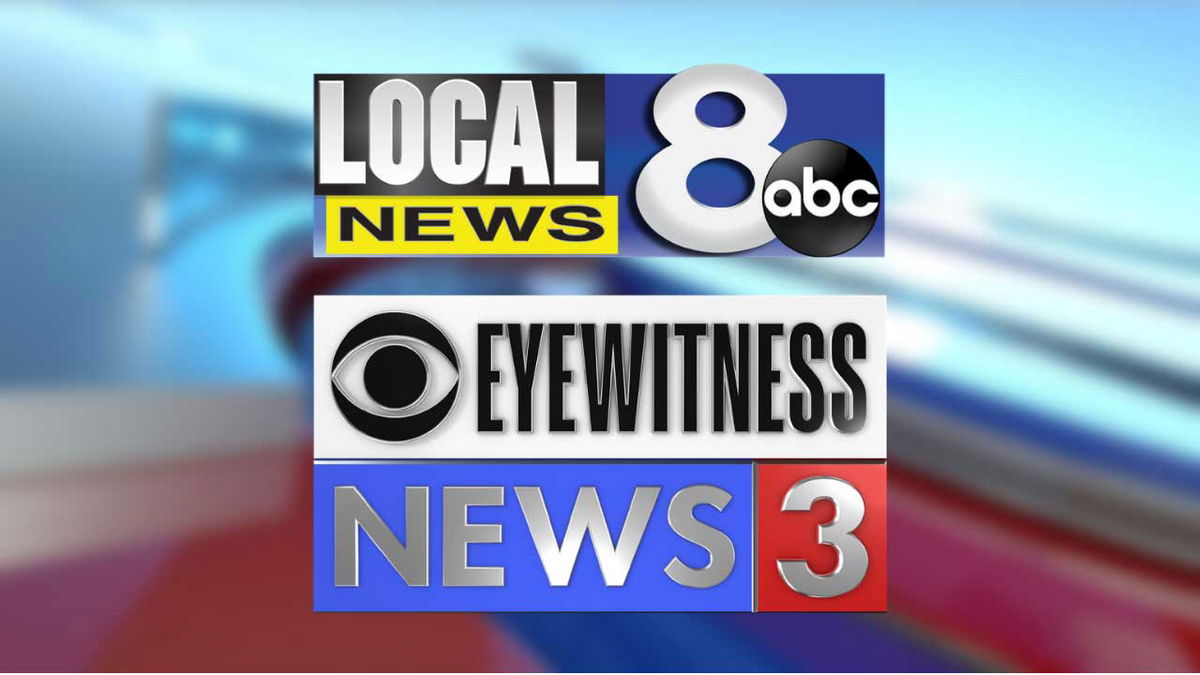Idaho will ban most abortions after US Supreme Court ruling

By KEITH RIDLER
Associated Press
BOISE, Idaho (AP) — The overturning of Roe v. Wade by the U.S. Supreme Court with a 6-3 vote on Friday triggers a 2020 Idaho law banning all abortions except in cases of reported rape or incest, or to protect the mother’s life.
That law takes effect 30 days after the court’s decision, negating the state’s current law allowing most abortions up to viability at about 24 weeks.
“Idaho has been at the forefront of enacting new laws to protect preborn babies,” Republican Gov. Brad Little said in a statement, noting he signed the 2020 trigger law.
“However, we fully acknowledge this monumental moment in our country’s history means we must confront what (we) know will be growing needs for women and families in the months and years ahead,” he said. “We absolutely must come together like never before to support women and teens facing unexpected or unwanted pregnancies.”
Specifically, Idaho’s trigger law requires a judgement from the U.S. Supreme Court, which follows the court’s Friday opinion and allows time to allow requests for a potential rehearing. It’s not clear when the court will issue its judgement, but it’s expected fairly soon, starting the clock on Idaho’s trigger law.
Under the trigger law, the person performing the abortion could face a felony prosecution punishable by up to five years in prison.
“I never expected to see such a grave rollback of our rights in the 21st Century,” said Democratic Rep. Lauren Necochea, who also chairs the Idaho Democratic Party. “This law is especially cruel because it only applies to those who don’t have the resources to find a way around it. People of means will be able to flee the state to receive abortion care, while Idahoans facing low wages, including a disproportionate share of people of color, will face involuntary pregnancy.”
Planned Parenthood in a statement said it would continue to provide abortion care in Idaho as long as it was legally able to do so.
“It is my promise to every person in Idaho that Planned Parenthood will never back down,” said Rebecca Gibron, CEO of Planned Parenthood Great Northwest, Hawaii, Indiana, Kentucky. “We will keep fighting with everything we’ve got to ensure that everyone can access the care you need to control your body and your life. I want to be clear: Planned Parenthood will always be here to help you get the care you need.”
Planned Parenthood before the U.S. Supreme Court’s ruling had already closed its clinic in Boise, Idaho’s largest city, and merged it with one in Meridian about 15 miles away. There’s another clinic in Twin Falls. It is opening a new clinic in Ontario on the Idaho-Oregon border, about a 45-minute drive from Boise.
Officials said resources saved by closing the Boise clinic will be used to help with telemedicine and for women to get abortion access in states where it remains legal.
In cases of rape or incest, the law requires pregnant women to file a police report and provide a copy of the report to the provider prior to an abortion.
Mistie DelliCarpini-Tolman, Idaho State Director for Planned Parenthood Alliance Advocates, said most sexual assaults are not reported. She also said victims who do report them will face difficulty getting the report from a law enforcement agency as agencies typically don’t release reports involving active investigations.
“We all know that abortion is a really time sensitive procedure,” she said. “So these exceptions become really in name only. They’re not very effective and not going to be very helpful for survivors of sexual assault.”
This year, Idaho lawmakers also passed a Texas-style ban prohibiting abortions after about six weeks of pregnancy and authorizing family members to sue medical providers for performing an abortion. That law is on hold following a challenge by Planned Parenthood. The Idaho Supreme Court is scheduled to hear arguments in August.
If the Idaho Supreme Court upholds the state’s Texas-style abortion ban, with Roe v. Wade now tossed aside, a medical provider who performs an abortion in Idaho could face a lawsuit and criminal charges.
“Today we celebrate 50 years of incredible effort to reverse a flawed 1973 ruling from an activist Supreme Court that violated states’ rights guaranteed by the 10th amendment,” the Idaho Republican Party said in a statement. “That power is now rightfully returned to the states.”
Pregnant women in Idaho seeking abortions will have to travel out of state, with the nearest abortion providers in Washington, Oregon, Nevada and Colorado.
“No one should have to flee their state to access safe healthcare,” Boise Mayor Lauren McLean said on Twitter. “I remain steadfast in my support for all people who need access to abortion care & stand with them in fighting for privacy in health care decisions.”
Republicans hold super-majorities in the House and Senate and oppose access to abortion. Idaho lawmakers have said they’ll potentially consider legislation banning medication abortion and emergency contraception when the part-time Legislature convenes early next year.
Democratic House Minority Leader Ilana Rubel at a Democratic rally Friday afternoon in the Idaho Statehouse attended by about 150 cheering supporters urged voters to elect Democrats in November.
“The truly effective way to reduce abortions is not to commandeer women’s bodies, but rather to improve access to contraception, to improve access to sex education and make motherhood financially feasible,” she said. “Ironically, those are all things that our GOP super-majority has fought tooth and nail for years.”
